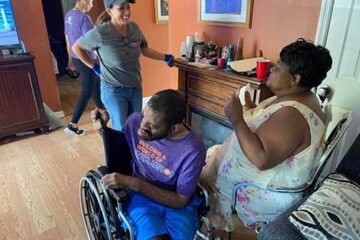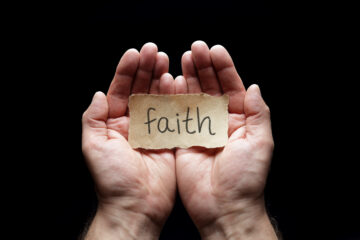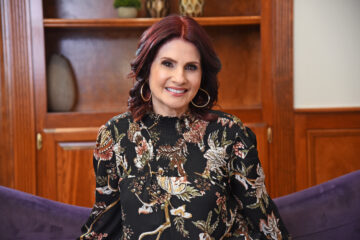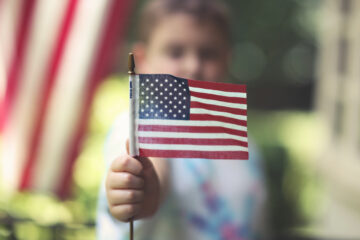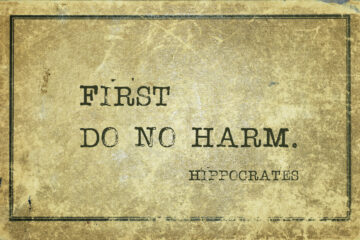Throughout our lives we are taught the importance of forgiveness. As young children, we are led by our guardians, sometimes by our ears, to reconcile grievances though an apology to others. I’m sure, as a young parent, I probably made the wrong child apologize or ask for forgiveness. As adults, we too should seek forgiveness when our thoughts, words, or deeds cause harm or grief to another.
It is an ongoing fact that humans need a societal construct to live their social existence. This paradigm is difficult for many reasons and when actions result in harm to others it requires that we take ownership of our flawed responses by admitting fault, asking forgiveness and repair the damage when possible. These steps make up the societal Law of the Contrite. It is required for us to remain weaved into the fabric of our society; to maintain a peaceful status within the community of which we live and work. No matter how hard we try, slip ups will occur but it is only when we choose to remain outside the parameters of acceptable behavior that we are cast out of the community. Sadly, our penitentiary system is full of those who could not or would not conform this natural law that spells out the importance of civility.
Acceptable behavior demands that we address the problems or sins we create by an act of forgiveness and once forgiven, we can once more move on, feeling at peace with our self, the person or people which we erred against and the God to whom we worship. Since the “journey” of life requires us to interact over our lifetime with many people; the best results can only be obtained by remaining in good grace with those whom we play, work, and pray.
A byproduct of forgiving others is that we find it much easier to forgive ourselves. When we forgive others, we benefit more than the ones we forgive. These lessons teach us not to be quick to judge another, especially when we were not a witness to their infraction. Those on social media would benefit greatly by learning that a person cannot truly judge or forgive that of which they were not present to confirm. One must have all the facts, which is impossible to do when you are not an actual witness or participant in the event. This prompts a great question, “Who are we to judge, except that of our own actions?”
When forgiven, our gift is gratitude. A readiness to show appreciation for and to return kindness is the actual meaning of the word but when we take a few minutes to dwell on the lessons discussed above, it can bring our mind to a place of peace. By experiencing gratitude, we are given the frame of mind to return the kindness shown toward us, when we least deserved it. The very act places other’s needs before our own; a selfless act of kindness. In my search for wisdom, I have learned; “Kindness is given at no cost yet my payment of Gratitude brings me riches.” Regardless of your situation, there is always something to be grateful for. What a beautiful way to live the one life we are given.
If this is my last post, I want all to know there was only one purpose for all that I have written; to have made a positive difference in the lives of others. “Inquisitio veritatis”
Anthony “Tony” Boquet, Vice President, The American College and the author of “The Bloodline of Wisdom, The Awakening of a Modern Solutionary”



